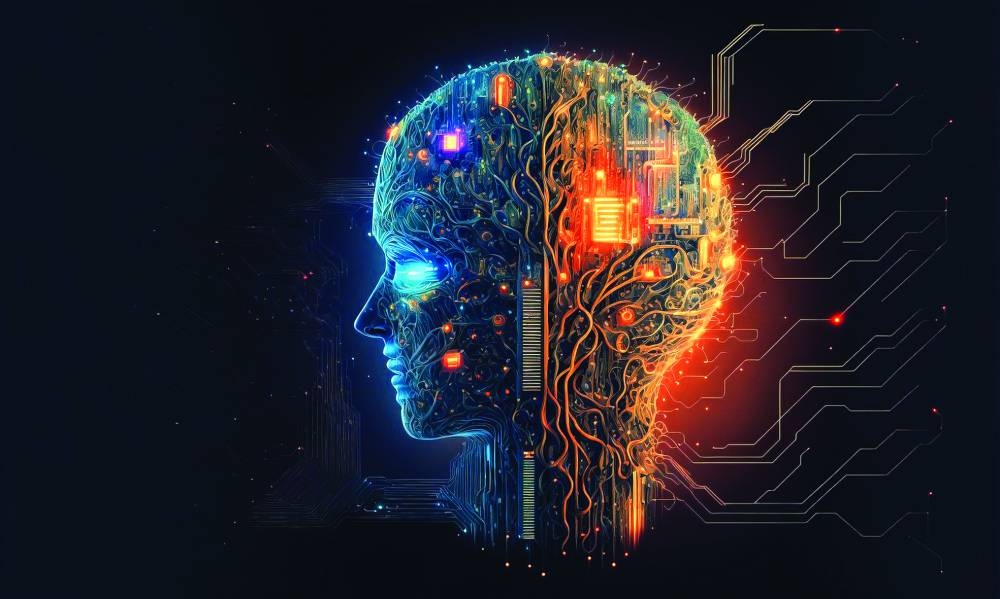Generative artificial intelligence has captured the world’s imagination because it appears likely to automate tasks that previously required advanced cognitive skills. With it, there is a real prospect that many highly educated and experienced workers may be replaced by algorithms. What happens when machines come for the jobs not of handloom weavers and autoworkers, but of scriptwriters, lawyers, middle managers, and even high-level executives? One response is to think that skills no longer matter, or even that we should de-emphasise education.
On the contrary, while the potential for increased productivity (and higher incomes for all) through human-machine interaction has never been greater, we humans will need to up our game. We must get better at everything the computers struggle with, including understanding context, thinking outside the box, and managing relationships with other humans. According to a recent report from the McKinsey Global Institute, up to 30% of current work hours in industrialised countries could be automated by 2030, under a scenario of moderate automation.

While automation has squeezed workers for decades, generative AI heralds a significant acceleration and gut-wrenching change for many people who assumed their careers were stable. In the United States and the European Union, the number of people employed as office workers, in manufacturing, and as customer-service representatives will almost certainly decline as generative AI takes hold. (The rep.
















